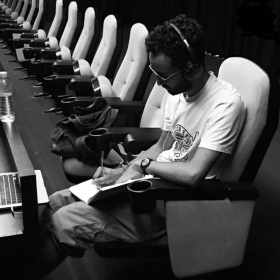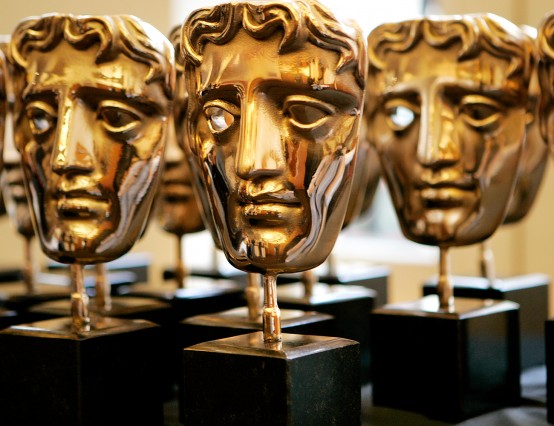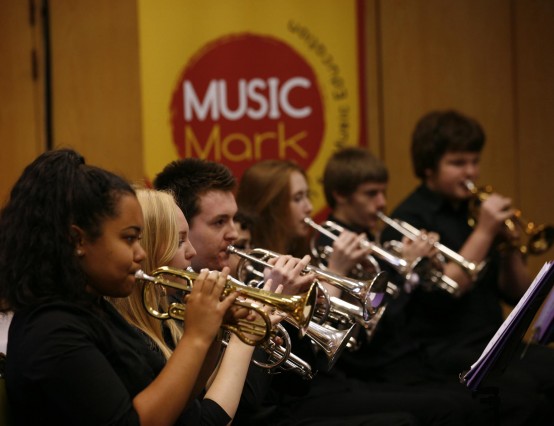Could you first introduce yourself for the reader?
Martin Russell, Head of Creative Learning and Talent at the Mercury Theatre Colchester
What happens at The Mercury Theatre?
The Mercury is the most active producing theatre in East England, and a vital centre of excellence in the East's creative economy. Our Main Theatre and Studio Theatre seat a combined total of 602. Rooted in its local community we perform to over 122,000 people each year through a vibrant and broad programme. In addition more than 22,000 children, young people and adults engage in our Learning and Participation Programme in Colchester and throughout Essex annually.
In what ways can young people get involved with such a high profile theatre as the Mercury?
We have loads going on. How to get involved is easy, get in contact with us through email, phone or Twitter; look at our website – it has just been redesigned and we have just unveiled our own brand identity "Make It". It's been created to give us greater visibility and for people to see that as well as coming to the theatre to 'see something' you can also come here and 'do something' too.
What projects are you working on at the moment?
Currently, we are working on an Essex Folklore project with 15 primary schools in Braintree. Our January Youth Theatre sharing event this year entitled Rags to Riches will see 150 young people from our youth theatres take to the main stage to perform the work they have been devising over the last term. We have a new group for young people with an Autism Spectrum Disorder called "Aspire Share Create" that we are developing creative opportunities with backstage. Our Young Company are working on a new piece of theatre called Half of Me as a companion piece to the Tamasha play Mother India. Half of Me looks at Assisted Reproductive Technologies and the unheard experiences of young people born by them. We begin auditioning in 2017 for our youth theatre production of Lord of the Flies. We also support the Chinese Society of Colchester put on a New Year show. In the summer we are planning now to run hACkT again – our summer school that fuses traditional theatre making with coding, video games and tactile technologies.
What does the Mercury offer to young people?
We have seven regular youth theatres (soon to be nine with two new ones launching in January 2017), performance projects for young people to experience working in a professional environment as actors and makers. Also, a Young Company, work experience opportunities and summer school activities.
What activities are most popular for young people and why?
hACkT was incredibly popular as nothing had ever been done like it in Essex before. In all of our activities we want to develop young people as artists and as creatives – confident and able to explore the world and find their voice. Give them the agency and autonomy to make new work, to work as a company (in the theatrical sense) and up-skill them to work with others, problem solve, try new things and take on new challenges.
How does the Mercury incorporate technology into the work that you do?
The idea for the summer school came from a conversation a year ago with Teaboy Games, the realisation that when video game designers create new games and apps they use the same language as theatre makers do. Both talk about stories and narratives, what characters do and how to create sets and stages for the action to happen on, and the experience for the audience. So, with that in mind the Creative Learning Team set about creating a programme that brought both theatre and technology together…and hACkT was born.
hACkT allowed young people to explore technology through creativity. Rather than limiting the use of computing and technology to science labs and engineering workshops we explored, tested and played in the Studio Theatre at the Mercury. Through choreography we constructed lines of coding, physical movement was interpreted with robotics and animatronics, and we approached theatrical experiences through game design methodology.
Over the following day-and-a-half, the 25 young people used coding to create the theme tune to Mission Impossible, used servo motors and Scratch to create an alien shooting gallery, robotics to create a maze, and foil pressure pads and a laser to create an interactive assault course. With support from the Mercury's theatre technicians UV lights, LED spotlights and smoke machines added atmosphere and turned corridors and dressing rooms into Men in Black, Crystal Maze, or Mission Impossible themed sets for our young people to act as secret agents training the new recruits – a 50 strong audience of parents and invited guests! Amazingly all the young people remained in character for over an hour as the audience weaved through scenarios and took part in the activities.
Could you give an example of a recent project you have run, and the impact it had?
The impact of hACkT was that 24 young people got a Bronze Arts Award and we had a really good moderation. The young people came back to the theatre over the summer to see other shows such as our Young Company site-specific performance of Romeo and Juliet. We are now looking at how we deliver hACkT next summer as well as making this approach to theatre making a regular thing: embedding technology and making it accessible.
How did you get involved in Mozfest? How was the festival for you?
The festival was an amazing weekend – especially the arts and culture space. We gave a 'fireside chat' about hACkT, and a demonstration on how to teach coding through choreography – with so much going on at the festival I was amazed (and humbled) by the amount of people who came to listen about hACkT (including the New York editor of the Financial Times!) It's a great place to get new ideas and get a sense of the online community, I went to a really interesting talk by EK Theatre from America, they take classic Greek plays and use video games like Halo as a stage to perform the plays – they use the game avatars as puppets.
What do you do to get young people to do an Arts Award?
We embed Arts Award into projects and activities – offering Bronze in our summer schools, we are starting to offer Explore in our younger youth theatres and we also have lots of resources that we use to support schools and groups when they are doing Arts Award – for our backstage tours we have a map that allows young people to evidence what they have learnt and seen behind the scenes in the theatre. In time we want to look at how we can develop our young people into young leaders and accredit them with Silver and Gold.
Does the Mercury publish any online resources that young people doing Arts Award could use?
We haven't published any but we do make our own resources for projects that young people can use and we would always be willing to share them.
What advice do you have to give to people who wish to engage with young people from all backgrounds using technology?
My advice would be give it a go – there is so much out there that is free to use/download or very reasonably priced and accessible – there is no point in rigorously planning or pretending that we as adults will ever know more than the younger digital natives – but we can provide the platform, space and support for young people to access their creativity through technology, we just need to consider technology as an artistic resource like we would paint and paintbrushes or masks and costumes.







0 Comments